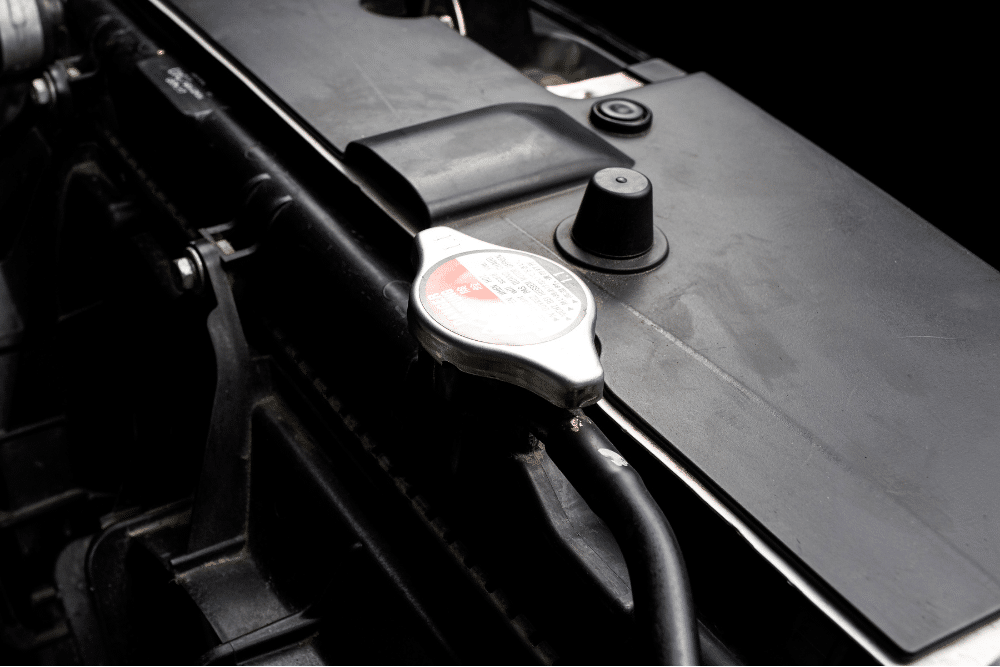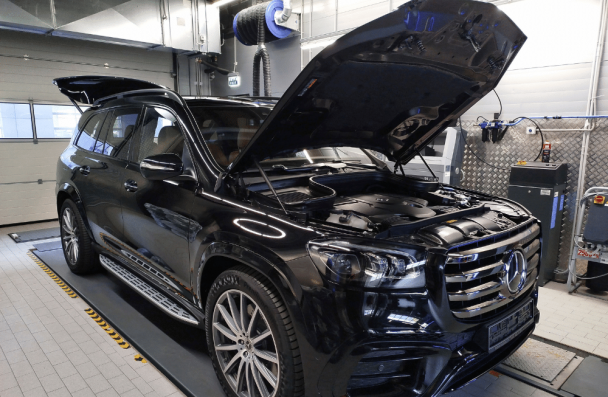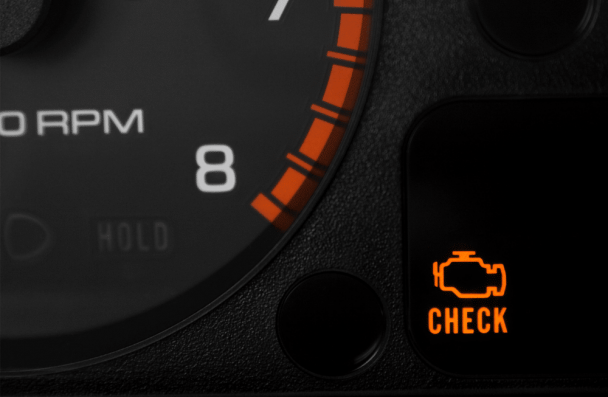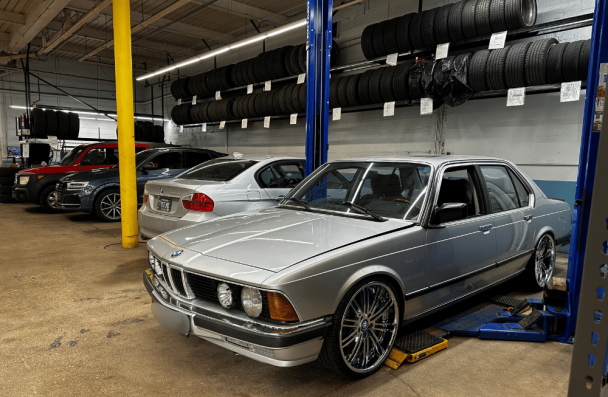If you drive a BMW around Milwaukee, you probably appreciate the performance, engineering, and luxury these vehicles offer. But even the most well-built European cars can experience issues, especially with their cooling systems. At O’Reilly Motor Cars, we often help BMW owners deal with cooling system problems, and we know how critical early detection can be. This article will walk you through the most common BMW cooling system failures, how to spot the early warning signs, and what to do next.

Our goal is simple: to help you make the best automotive decisions. Let’s dive in.
Why BMW Cooling Systems Need Special Attention
BMW engines run hot by design. Their cooling systems are complex and engineered for precision. But that means there’s less room for error. A minor coolant leak or faulty component can quickly escalate into major engine damage if it’s not caught early.
Cooling system issues are among the most common BMW problems we see at our downtown Milwaukee shop. The harsh Wisconsin weather, road salt, and aging components all play a role.
Unlike domestic vehicles, many BMW models use plastic components in their cooling systems, such as expansion tanks, thermostat housings, and water pump housings, which can become brittle over time. Combined with Milwaukee’s fluctuating temperatures, that’s a recipe for wear and failure.
Common BMW Cooling System Failures in Milwaukee
Understanding the most failure-prone components can help you stay ahead of costly repairs. The BMW cooling system is designed for precision, but when one component fails, it can affect the entire system. Whether it’s a small leak or a major part failure, these are the top culprits we see at our shop in downtown Milwaukee:
1. Water Pump Failure
The water pump is the heart of your BMW’s cooling system, circulating coolant through the engine to maintain optimal operating temperature. In most modern BMWs, this component is electrically driven, making it more efficient but also more prone to sudden failure without warning signs.
Symptoms include:
- Engine overheating
- Coolant leaks near the center of the engine
- High-pitched whining noise from the engine bay
If your BMW’s temperature gauge spikes or you see coolant puddling beneath the vehicle, it’s time to get the water pump tested immediately. Ignoring these symptoms can result in catastrophic engine damage, making this one of the most urgent BMW cooling system problems to address.
2. Thermostat Malfunction
The thermostat acts like a gatekeeper for your engine’s cooling system, opening and closing to regulate the flow of coolant. When it malfunctions, especially in BMW models, it often sticks shut or becomes sluggish, leading to irregular engine temperatures.
Warning signs:
- The engine runs hot or cold inconsistently
- Slow-to-warm-up heater
- Check the engine light for the coolant temperature sensor
Because the thermostat plays such a vital role in managing engine heat, replacing it proactively or alongside the water pump can help prevent larger issues like overheating or head gasket failure.
3. Expansion Tank Leaks
The expansion tank is where excess coolant goes when your engine heats up. Made from lightweight plastic, these tanks tend to weaken over time due to heat cycles and pressure. In BMWs, it’s common to see them crack or develop pinhole leaks after several years of use.
Signs of a failing expansion tank:
- Visible coolant on the driveway or engine bay
- Sweet-smelling steam under the hood
- Frequent low coolant warnings
A compromised expansion tank can lead to inconsistent coolant pressure, which may cause engine overheating or air pockets in the system. It’s a relatively inexpensive repair, but one that should be done promptly to protect your engine.
4. Radiator Issues
Radiators are designed to last, but in aging BMWs or those that have racked up high mileage, they can start to show signs of wear. Whether it’s internal clogs, cracked seams, or external corrosion, a bad radiator reduces your engine’s ability to stay cool, especially under stress.
Look for:
- Coolant puddles under the front of the vehicle
- Engine overheating on long drives
- Rust or corrosion on radiator fins
Because radiator issues can sometimes go unnoticed until the car is under load, like highway driving or hot weather, it’s essential to have the system pressure-tested and inspected regularly, especially during routine BMW service appointments.
5. Coolant Hose Deterioration
While they might seem like simple rubber tubes, your BMW’s coolant hoses are under constant pressure and exposed to extreme temperatures every time the engine runs. Over time, this exposure takes a toll. The rubber begins to degrade, becoming brittle or swollen, and eventually fails.
Symptoms:
- Leaks around hose clamps or connections
- Bulging hoses
- Coolant smell near the front of the car
A ruptured hose can lead to a sudden loss of coolant, which means a sudden rise in engine temperature. Since this is one of the more preventable BMW cooling system problems, replacing worn hoses during scheduled maintenance is a smart and inexpensive way to avoid bigger, more expensive repairs later on.
Risks of Ignoring BMW Cooling System Problems
Ignoring warning signs in a BMW’s cooling system isn’t just risky, it’s expensive.
Here’s what can happen if a small issue is left untreated:
- Head gasket failure
- Warped cylinder head
- Complete engine failure
- Loss of heater function in winter
- Sudden breakdowns in traffic
Repairs that could have cost a few hundred dollars can balloon into thousands. It’s not worth the gamble.
Warning Signs That Your BMW’s Cooling System Needs Service
Whether you commute to downtown Milwaukee or head north for weekend drives, keep an eye out for these red flags:
1. Coolant Smell or Leaks
If you notice a sweet smell inside or around your car, it’s often coolant evaporating. Puddles under the car, especially green, orange, or pink fluids, also signal trouble.
2. Overheating Warning Light
Modern BMWs have a dashboard warning system that will flash a warning if the engine begins to overheat. Do not ignore this light. Pull over safely and call a trusted BMW repair shop in Milwaukee.
3. Low Coolant Message
This could indicate a small leak or even air trapped in the system. If you’re topping off coolant more than once every few months, it’s time to investigate.
4. Steam or Hissing Sounds
Any steam from under the hood is a clear warning sign. A hissing noise after shutting off the engine could also indicate pressure escaping from a leak.
5. Heater Stops Working
Your BMW’s heater depends on hot coolant flowing through the system. If you’re getting cold air during winter, your coolant system might be compromised.
Why Choose O’Reilly Motor Cars for BMW Cooling System Repair in Milwaukee?
Located in the heart of downtown Milwaukee, we specialize in high-quality BMW service and repair. Our technicians are ASE-certified and include a BMW Master Technician, meaning your vehicle is in the hands of professionals who truly understand European engineering.
We’re not just a repair shop; we’re your dealer alternative.
What sets us apart?
- Transparent communication – we help you make the best decision, whether that means repair or replacement.
- Digital Vehicle Inspections (DVI) with photos and notes sent straight to your phone.
- Complimentary car wash with every service.
- Loaner cars are available so you can stay on schedule.
- 2-year/24,000-mile nationwide warranty through TechNet.
- Track car and classic car support for BMW enthusiasts.
- We rarely send cars to dealerships because we’ve built the talent in-house.
Whether you’re dealing with a small coolant leak or a full-blown overheating issue, our team will investigate the problem and lay out your options clearly.
What To Expect When You Book a Cooling System Service
At our shop, service begins with a simple phone call or online booking. From there:
- You’ll receive a text confirmation and arrival instructions.
- Our team greets you by name and confirms your concerns.
- Your BMW is inspected, and you receive detailed results via text and phone.
- Repairs are completed promptly, your car is washed, and a follow-up text is sent.
- We check in two days later to make sure everything’s running smoothly.
Schedule your BMW cooling system inspection now or give us a call at 414-273-1000 to speak with us.
Frequently Asked Questions About BMW Cooling System Problems
How often should I replace my BMW water pump?
BMW water pumps should typically be replaced every 60,000 to 100,000 miles, depending on the model and driving conditions. Preventive replacement helps avoid overheating and protects your engine from major damage.
Can I keep driving if my BMW says “low coolant”?
No, driving with a low coolant warning can quickly lead to overheating and engine failure. Even a small leak can become a serious issue if left unchecked.
What are the symptoms of a bad BMW radiator?
Common signs of a failing radiator include engine overheating, coolant leaks under the front of the vehicle, and visible rust or corrosion. If you notice these symptoms, your cooling system should be inspected promptly.
Why does my BMW smell like coolant, but there’s no visible leak?
A coolant smell without a visible leak may indicate a small internal leak or evaporating coolant from a failing component. This is common with early-stage issues in the expansion tank, hoses, or heater core, and should be checked promptly.
Don’t Wait! Book BMW Cooling System Repair in Milwaukee at O’Reilly Motor Cars
BMW cooling system problems don’t fix themselves, and the longer you wait, the more expensive the damage can become. Whether you’re seeing a low coolant warning, dealing with an overheating issue, or just want peace of mind before it gets worse, we’re here to help.
At O’Reilly Motor Cars, our ASE-certified experts specialize in diagnosing and repairing BMW cooling system failures with precision and transparency. We’ll give you clear answers, honest recommendations, and get you back on the road with confidence.
Call us today at 414-273-1000 or schedule your BMW service online. Visit us at 324 W Cherry St, Milwaukee, WI 53212.
Discover why BMW drivers count on us for expert care, no-pressure advice, and service done right the first time.



